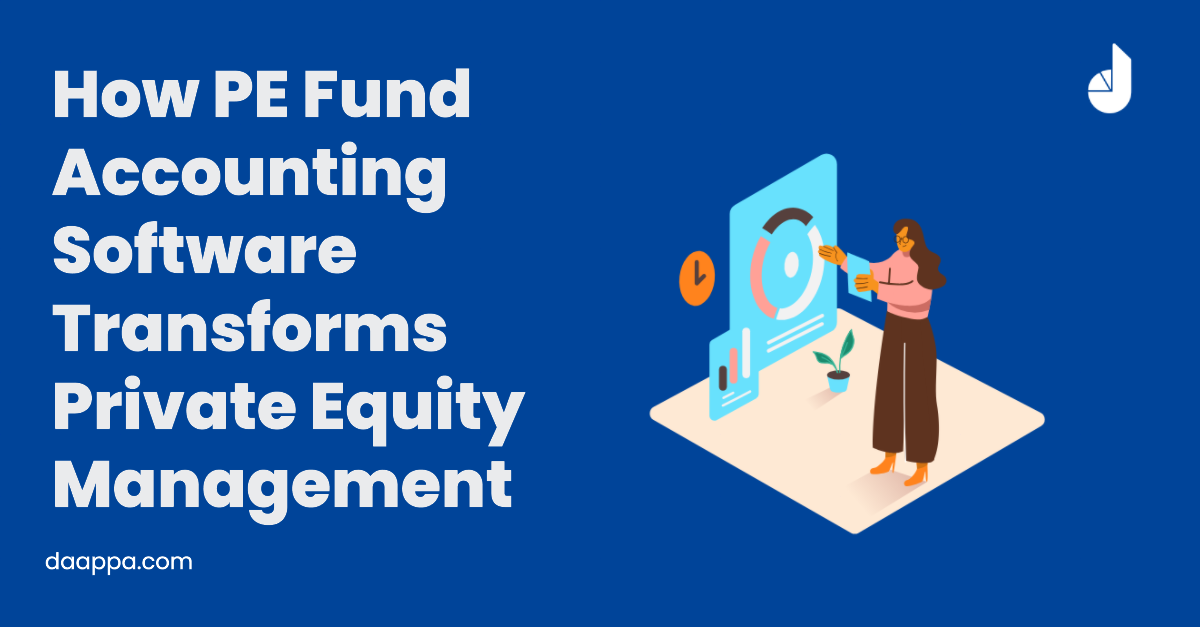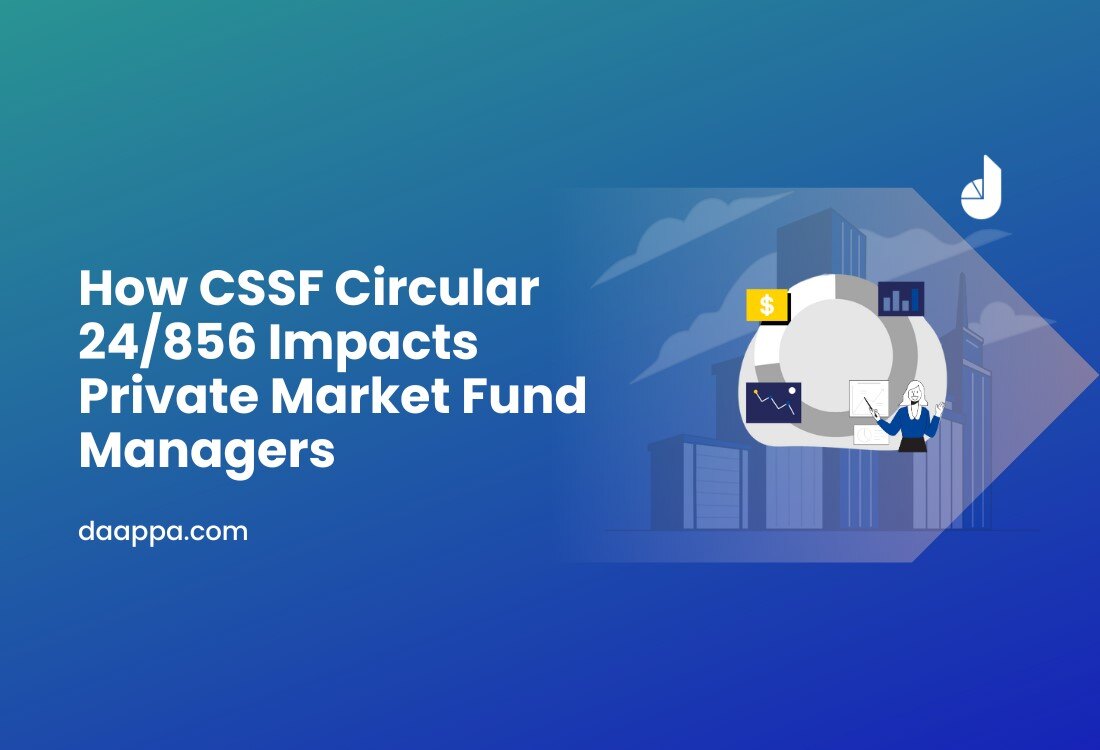How PE Fund Accounting Software Transforms Private Equity Management
In today’s competitive private equity (PE) landscape, precision and performance are inseparable. Fund managers are under mounting pressure to deliver transparency, maintain...
In this article you'll learn about the challenges and solutions related to:
Accounting
Valuations
Compliance
As the popularity of hybrid funds grows, the traditional classifications of alternative asset managers are beginning to merge. Previously, alternative asset managers were grouped into distinct categories such as private equity, private debt/credit, real estate, infrastructure, and hedge funds. However, the rise of hybrid funds, which combine elements of these different asset classes, has led to some of these groups to merge and offering a broader range of investments.
Private asset hybrid funds are attractive to investors because they offer the potential for higher returns than traditional equity and bond led multi-asset funds. The liquidity profile of hybrid funds is alluring to investors with the ability to redeem or add capital at specified intervals. Unlike pure private equity/credit closed-end funds, which lock up investor capital for a set period of time, hybrid funds provide a level of flexibility and control for investors. This liquidity can provide investors with peace of mind and the ability to adjust their investments as market conditions change.
Optimism surrounding the opportunities that hybrid funds offer is often tempered when firms dig into the operational, regulatory and technological challenges of mixing new asset classes and fund types. Take fund administration, for example, whether that be an internal team function or, outsourced to a third-party administrator, administering mixed asset classes or fund types comes with a range of challenges that are either non-existent or at least, less pronounced, than a single asset or single strategy fund.
These challenges include:
Many technology systems available in the marketplace are designed with specificity in mind; examples of this are those that support only closed-ended funds partnership funds or only open-ended unitised funds, or only equity exposure or only debt exposure. If a firm attempts to incorporate different assets into one of these systems, it will incur further costs in the form of additional development by the current supplier, but in all likelihood, investment in a new system will be necessary. One accounting platform that handles the full spectrum of private and liquid asset classes, low and high-volume transactions, and both closed-ended and opened funds, is still (for now) a pipedream for the industry. Until that type of system has been proven at scale, asset managers and asset servicers should seek a solution that is built with a flexible security master that can easily incorporate different assets type and their variations, and is a solution that supports a wide spectrum of fund structures, such as partnership funds, unitised open-nended, closed-ended, SPVs, funds of funds, hedge funds, etc.
Hybrid funds that mix private with publicly traded assets are typically more data-hungry, insofar that they require the technology platform underpinning the valuation process to integrate seamlessly with multiple external data providers for pricing and reference data simultaneously for a range of asset classes. Additionally, A hybrid fund can result in higher volumes and more frequent pricing NAV points. A system that was only designed to handle less-liquid closed-ended funds can struggle to process heavier data loads and transactions in a timely manner. Unless the technology system can run user-defined valuation algorithms, manual workarounds involving spreadsheets are likely to make an appearance.
Those managers who offer open-ended funds that can be marketed to retail clients will understand the increased regulatory burden in terms of reporting and compliance. Managers and administrators of hybrid funds need a tech stack that can factor in complexity including ESG compliance, UCITS/AIFM rules and other regulator rules. A system that can enable them to customise and automate the increased regulatory reporting demands that vary depending on the domicile, structure, and regulatory regime their funds are subjected is an absolute must-have.
Additionally, a system that can provide ‘look through’ functionality is becoming increasingly important, so that a firm can visualise the entire fund structure and understand compliance risk exposures for both its managed and external funds.
Managers and fund administrators who are looking to provide the best service to their hybrid fund clients should look to implement a fund technology system which is robust, easy to use, customisable, flexible, and scalable. This, in turn, enables firms to be a long-term and collaborative partner to their hybrid fund clients.
The daappa platform is an end-to-end technology system that for 10+ years has supported complex fund structures for asset servicers and managers who have retained their back-office operations.
Speed up Innovation and time to market: daappa puts customisation and the flexibility to support a wide range of asset classes and fund types in the hands of the user.
Contact us today to arrange a demo.

In today’s competitive private equity (PE) landscape, precision and performance are inseparable. Fund managers are under mounting pressure to deliver transparency, maintain...
.png)
Amid rising operating costs and a shortage of experienced talent in Europe’s financial services sector, daappa Ltd and OneNexus Outsourcing Services LLP announce a strategic...

With the introduction of CSSF Circular 24/856 on 1 January 2025, private market fund managers operating in Luxembourg face stricter oversight on NAV calculation errors, investment...